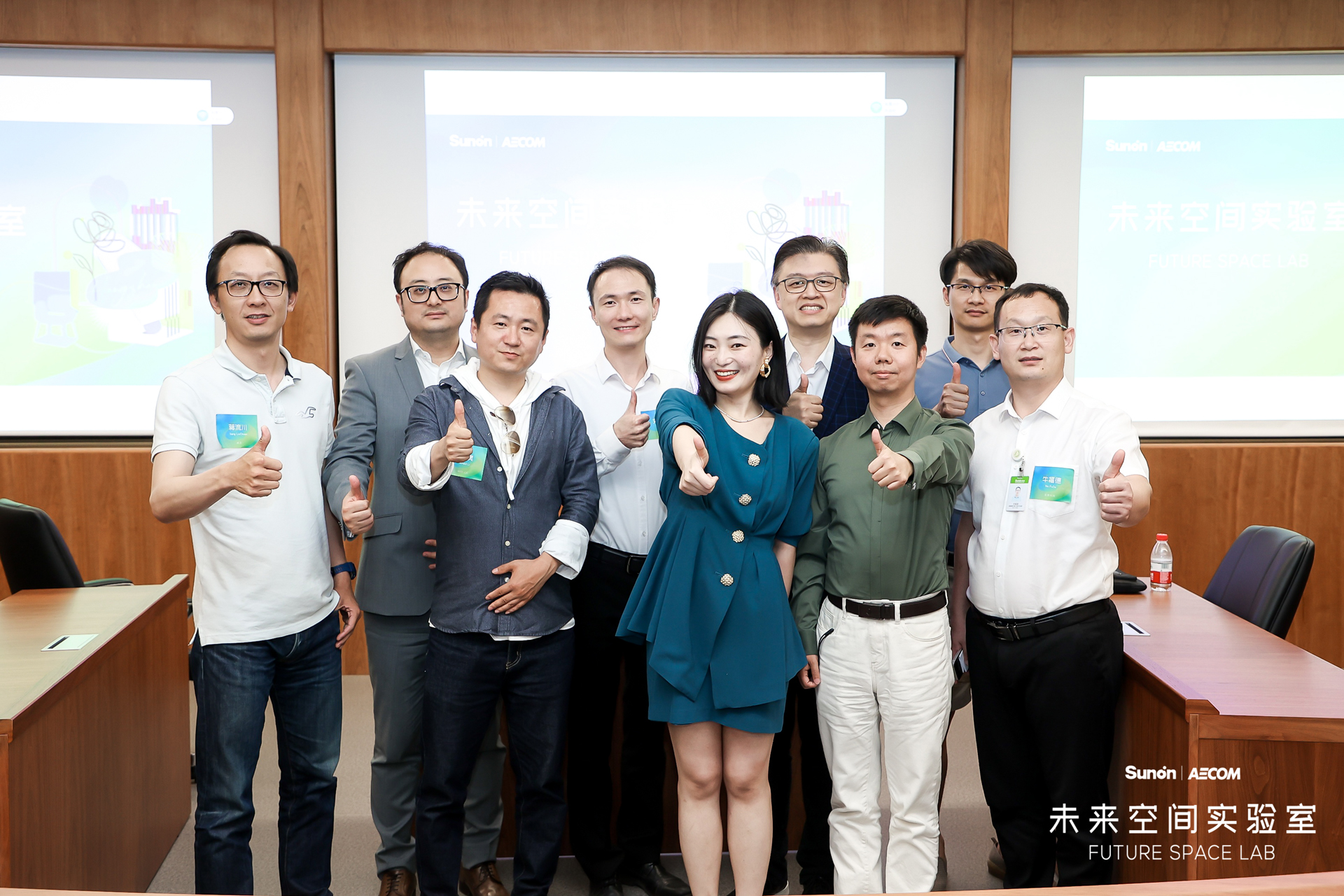Last month, the first Future Space Lab series panel discussion, themed “The Infinite Possibilities of Future Space,” was successfully concluded at Hangzhou Sunon Technological Innovation Park.
The panel was jointly initiated by Sunon and the Carbon Neutrality Club, aiming to address Generation Z as the future dominant working group and explore new trends in office design and sustainable development in the backdrop of shifting future office needs. The event invited renowned experts and scholars from various industries in real estate, architecture, design, consulting, and so forth to participate having multiple perspectives, sharing cutting-edge trends and insights.

This panel focussed on new trends in future office design, bringing together numerous distinguished guests and industry experts. The event invited executives and experts from Carbon Neutrality Club, AECOM, Gensler, Siemens, Wafersystems, WISILICA, LINAK, STATE OF CULTURE, and practitioners from Sunon to discuss and share insights on future spaces.
Under the impact of mobile Internet development and the post-pandemic era, traditional corporate organizational forms and office models are evolving, and future office scenarios, office spaces, and psychological needs are continuously shifting. In this digital age, what will the future office space look like? This panel addressed the question of how to simultaneously achieve efficiency, health, and low carbon emissions in future spaces that efficiently integrate the residential, office, and public areas.
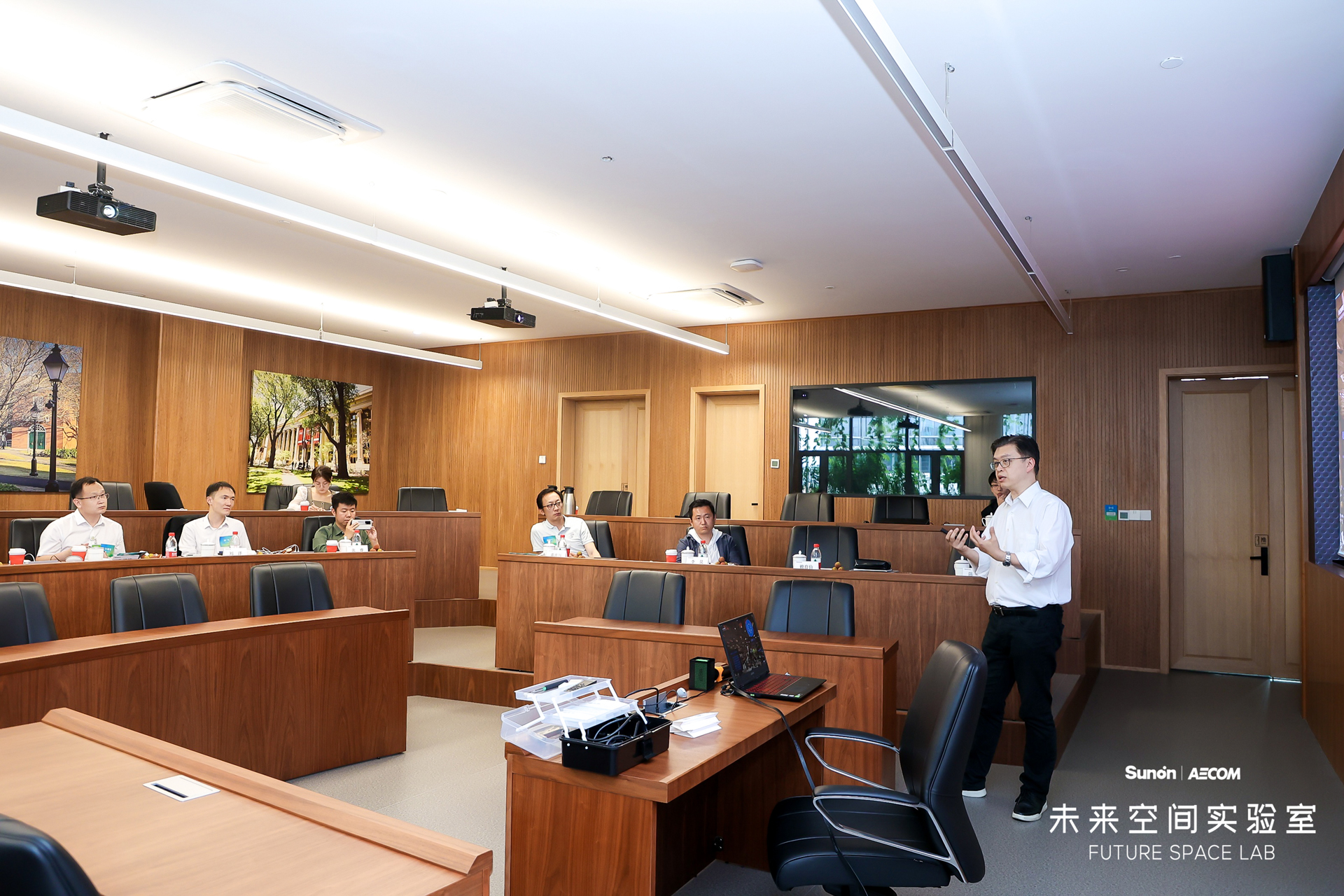
Sunon recommends intelligent height-adjustable desks, smart office chairs, and intelligent systems that empower healthy workspaces and fulfill the beautiful visions of future offices. In the flexible working mode, Sunon creates diverse scene prototypes for working and communication anytime and anywhere in the future office. Based on employee work behaviors and the characteristics of various industries, designers create agile workspace solutions: fully open office areas, semi-open screen office areas, fully enclosed cubicle office areas, and diverse meeting and training spaces. The environment is free, relaxed, and flexible, accommodating the diverse personalities of Gen Z as the main users of the office space.
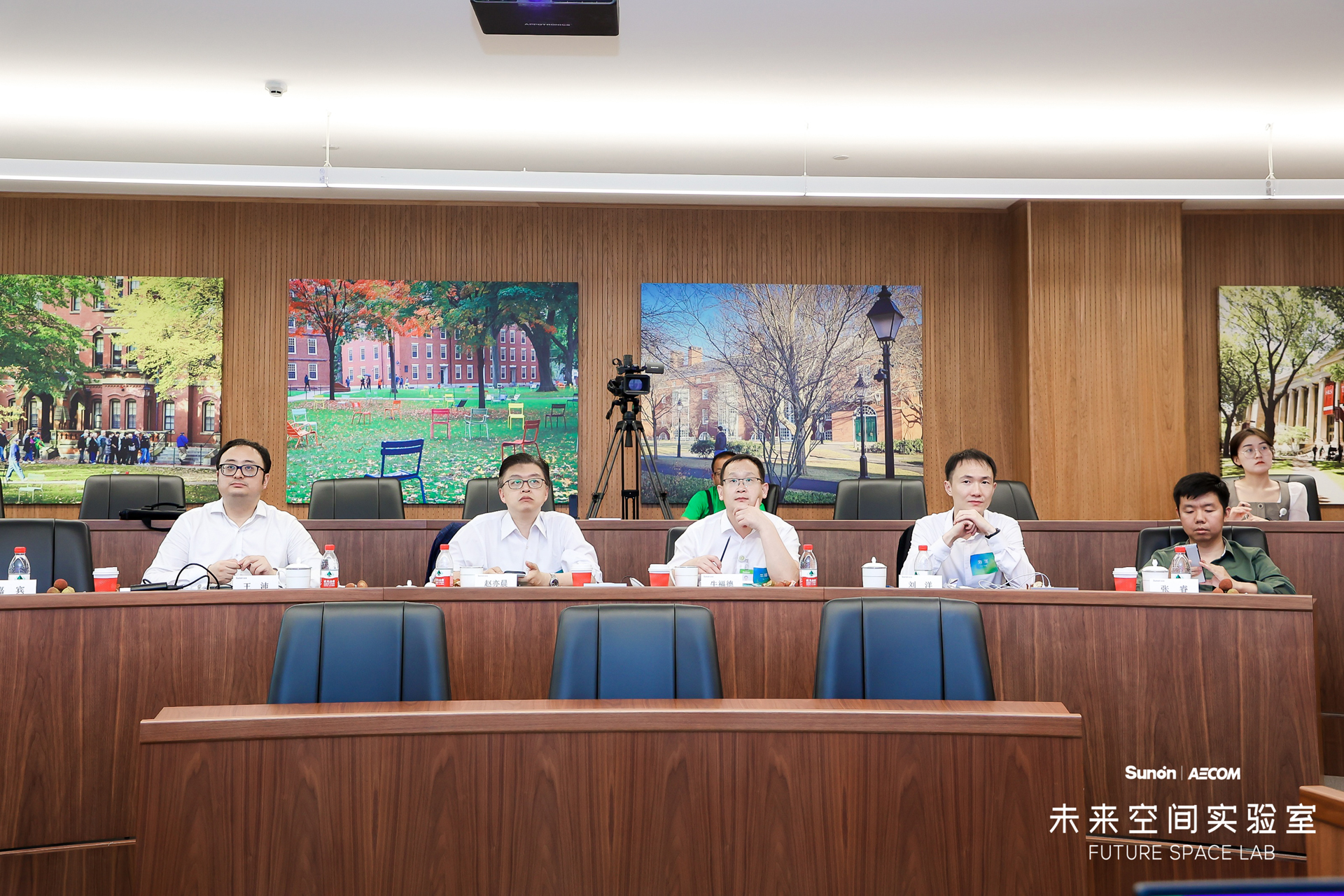
Liu Yang, Co-founder of the Carbon Neutrality Alliance; Zhao Yichen, Vice President of Interior Design and Architecture at AECOM China Mainland; Zhou Jin, Director of Smart Campus at Siemens; Jiang Liuchuan, Technical Director of Wafersystems; Li Hao, General Manager of WISILICA China; Zhang Rui, Sales Director of LINAK China; Lin Junwei, Founder and Design Strategy Expert at STATE OF CULTURE, and others, respectively shared their insights and engaged in discussions on future space design concepts and trends from various perspectives, including the development trends and goals of future spaces, space management systems, low-carbon park construction, intelligent lighting system strategies, future industrial design trend elements, and cross-cultural future spaces.
The essence of design lies in people, and the essence of architecture lies in space. With the emergence of new requirements for green and energy-efficient solutions, the design concept of a “zero-carbon office” has emerged, aiming to create ecological, shared, and flexible office spaces.
Over the years, Sunon has developed new material technologies and protection concepts, exploring innovative environmentally friendly materials and technologies in collaboration with partners in its value chain. Collaborating with various partners in the associated industry chain, the focus is on sustainable material innovation research, with an emphasis on the application of bio-based waterborne coatings, biomass sponges, ultrafine materials, furniture adhesives, and post-consumer recycled plastics in office furniture. These efforts aim to reduce the carbon footprint of office furniture products.
Recently, at the Sunon Global Partners Conference for the year 2023, Sunon, together with leading enterprises in the associated industry chain, established the Commercial Office Low-Carbon Alliance. The “Declaration of Commercial Office Low-Carbon Alliance” was signed on-site, aiming to support the low-carbon and green development of the office furniture industry.
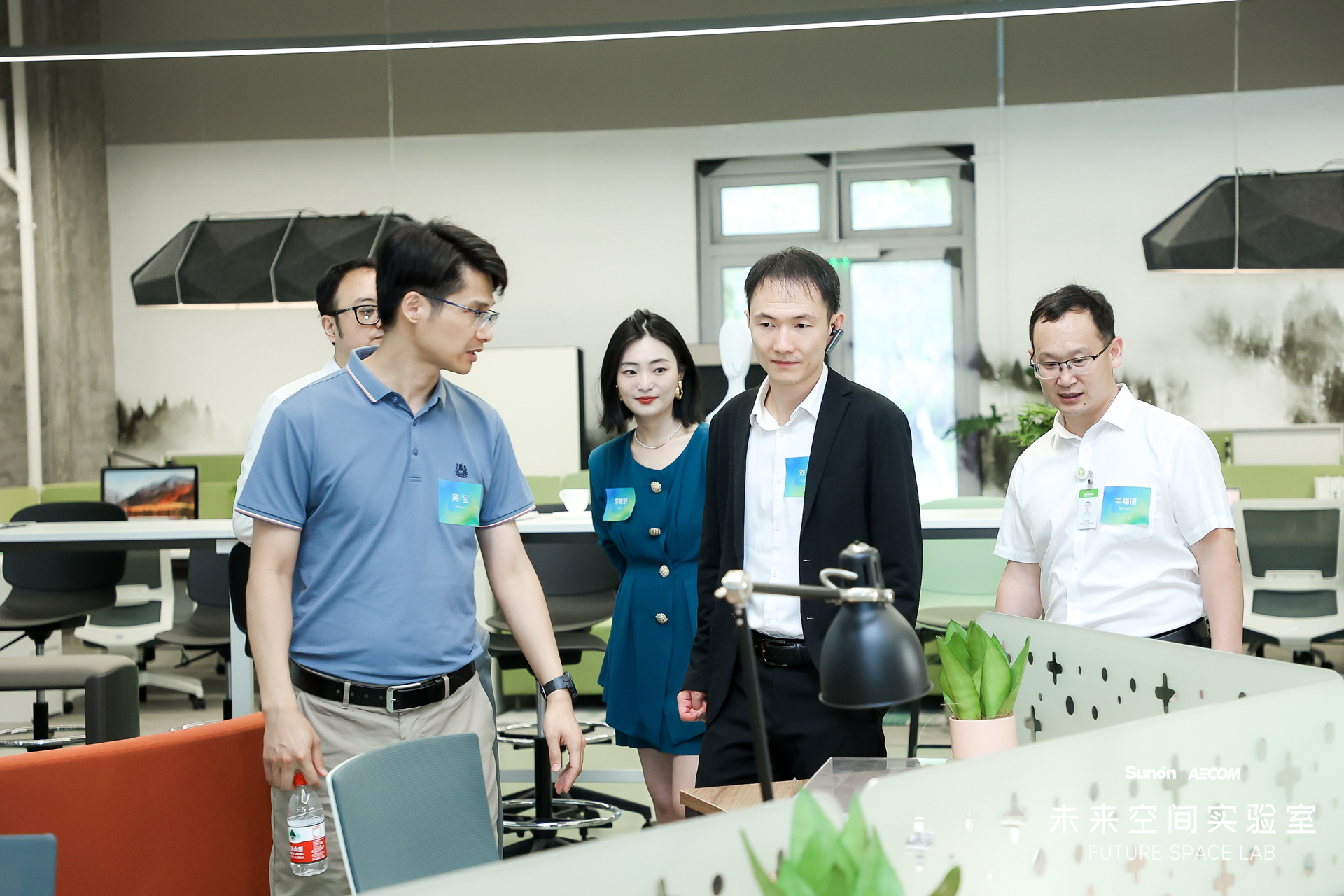
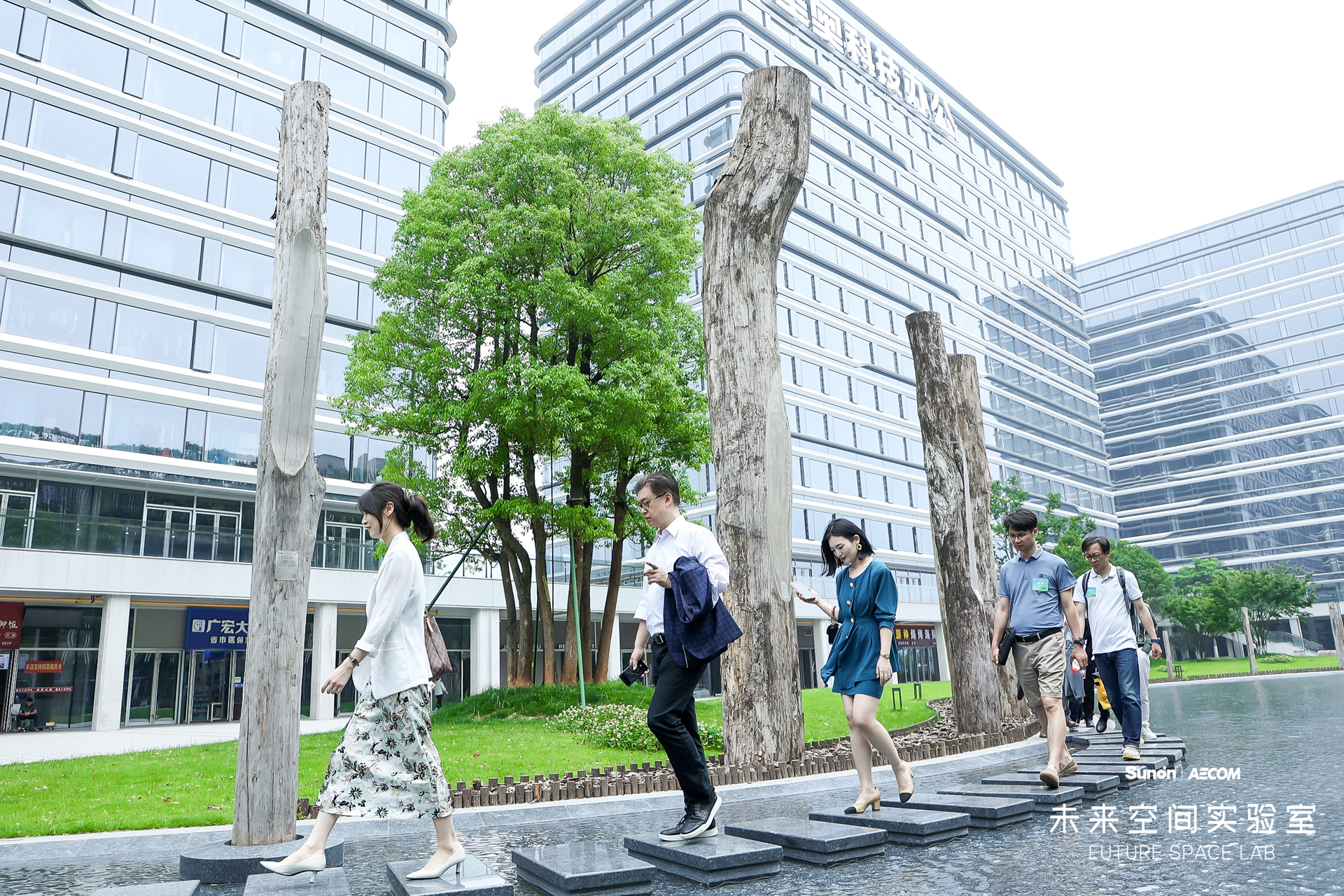
A brand’s ecological respect stems from an innate inclination and manifests through innovative technology and environmental concern. Sunon envisions influential brands that transcend design, captivating people through culture, philanthropy, and create aesthetically practical, eco-friendly products. This ethos fosters a wholesome office ecosystem.
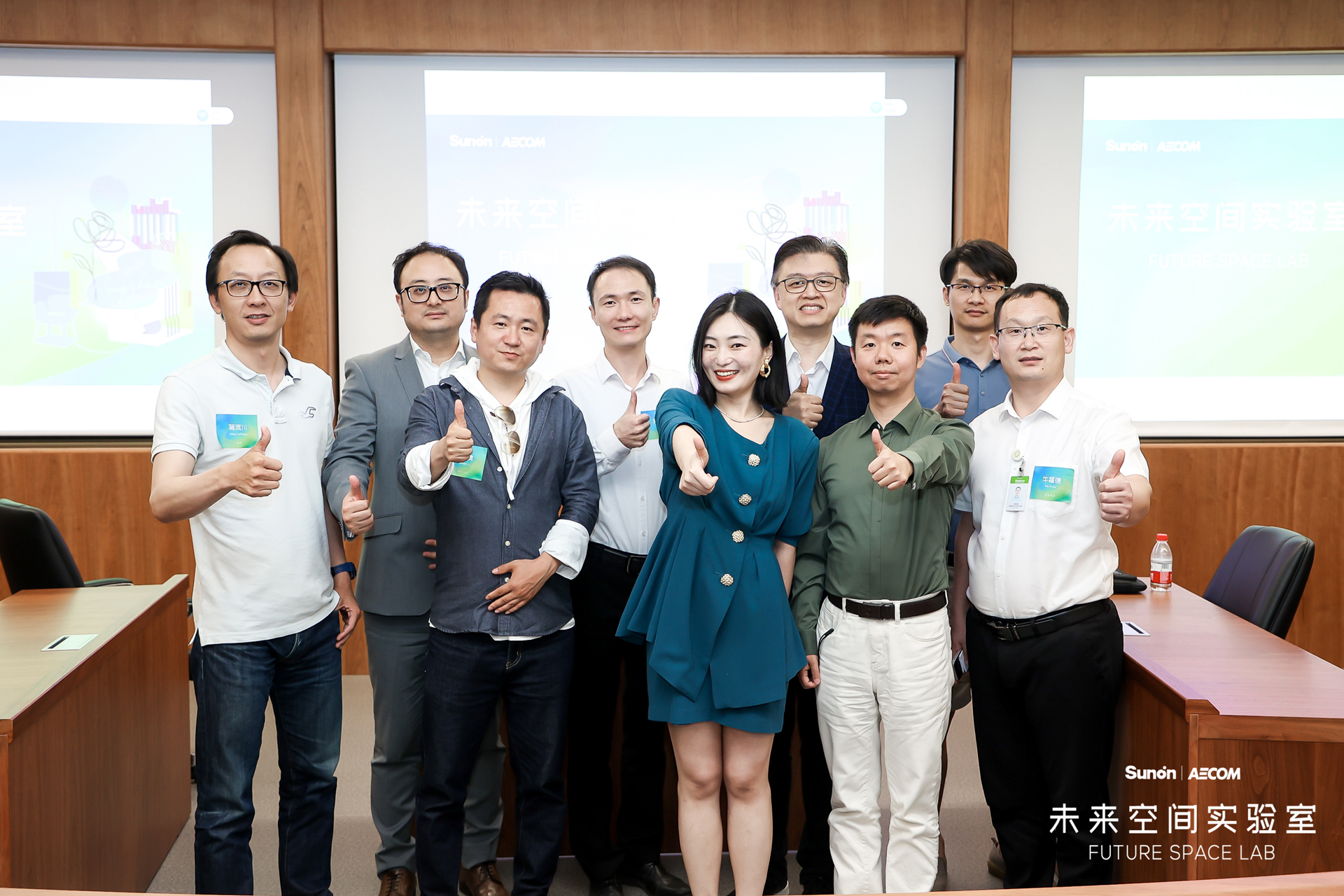
In the future, how will we collaborate? The office furniture industry has an extensive supply chain, necessitating comprehensive synergy with partners to achieve overall sustainability. Sunon remains committed to its ideals and craftsmanship, advocating for natural workspaces. Together with the Future Space Lab, we will delve into researching and exploring the evolution and transformation of office concepts and sustainable development principles.
 Desks&worksatation
Desks&worksatation Training systemPanel&Space Division
Training systemPanel&Space Division Accessories
Accessories Desks&worksatation
Desks&worksatation Training systemPanel&Space Division
Training systemPanel&Space Division Accessories
Accessories





